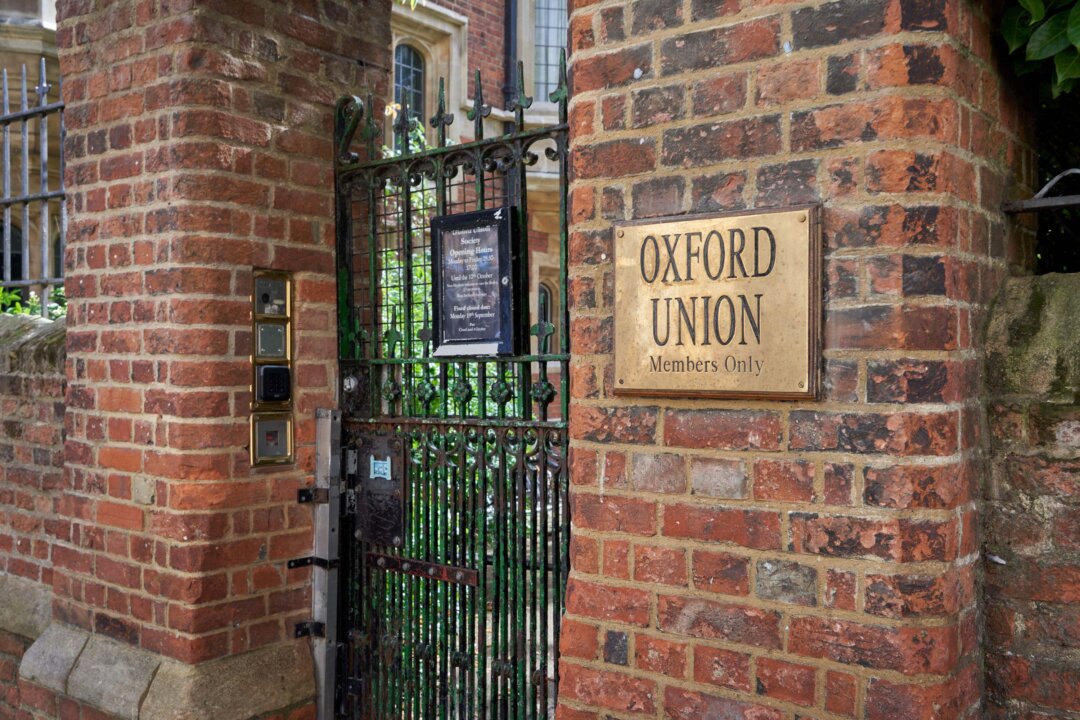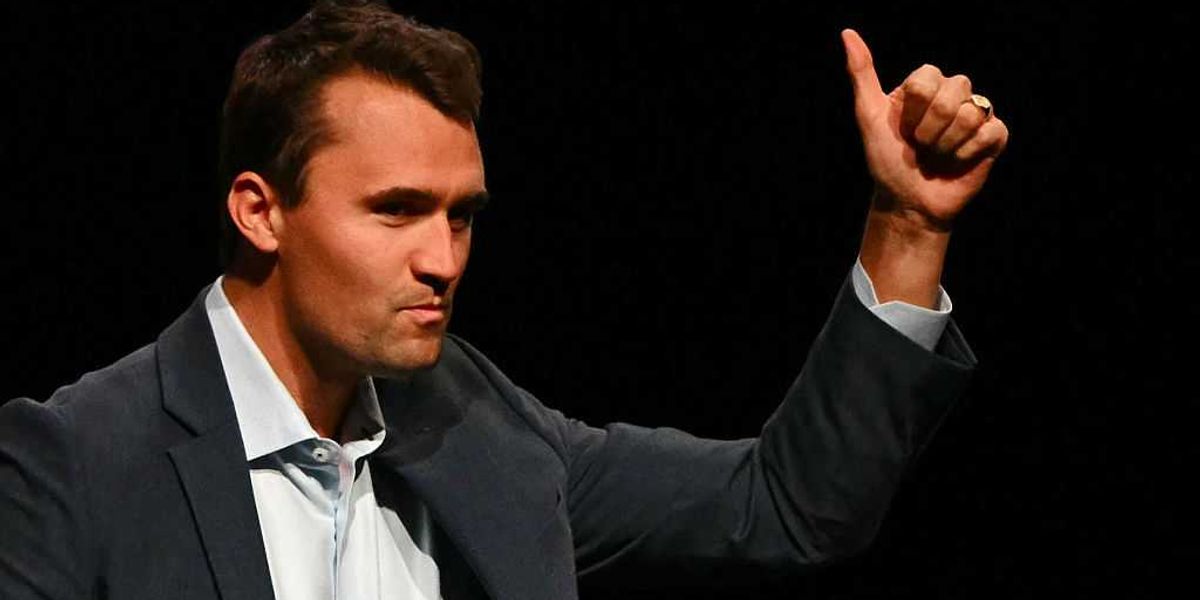Oxford Union Society Leader Ousted Amidst Vote of No Confidence and Appeal
Abaraonye was ousted as Oxford Union Society leader following a vote of no confidence, but he is appealing the decision, alleging the poll was compromised by untested regulations.
Overview
- Abaraonye faced a vote of no confidence by the Oxford Union Society, leading to his ousting as the school leader.
- The vote resulted in 1,228 out of 1,746 cast votes in favor of removing Abaraonye from his leadership position.
- Officials reported that the voting process was disrupted by obstruction, intimidation, and hostility by representatives.
- Abaraonye is appealing the vote, alleging that the poll was compromised due to untested regulations.
- Despite the vote, Abaraonye claims to remain the president-elect, challenging the legitimacy of the ousting.
Report issue

Read both sides in 5 minutes each day
Analysis
Analysis unavailable for this viewpoint.
Articles (4)
Center (0)
No articles found in the Center category
FAQ
George Abaraonye faced backlash after comments in a WhatsApp group appeared to celebrate the killing of conservative activist Charlie Kirk, with whom he had previously debated at an Oxford Union event[2]. The Union condemned his remarks and initiated disciplinary proceedings, leading to the vote of no confidence[2].
Abaraonye alleged that the voting process was compromised by new and untested regulations, including a last-minute decision to allow potentially thousands of global life members to vote by proxy—many of whom could not verify their membership due to lost records, leading to confusion and people being turned away from voting in person[1].
The vote was extraordinary in that it was extended to life members worldwide who could vote by proxy, not just current students or local members, at the request of the standing committee[1]. Many alumni were unable to vote because their memberships couldn't be verified due to lost records, causing delays and turning eligible voters away[1].
The news article summary notes that the voting process was disrupted by obstruction, intimidation, and hostility by representatives, but the provided sources do not detail the Society's official response to these specific allegations.
Abaraonye is actively appealing the decision, challenging the legitimacy of his ousting by disputing the fairness of the voting process[1]. He claims to remain the president-elect and may continue to seek redress through internal Union procedures or further appeals[3].
History
- This story does not have any previous versions.


